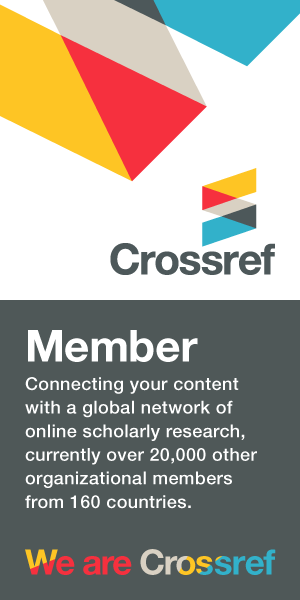Evolution as a driving force in the universe: The evoluton
Dr Peter Verheyen from the Sola Society & Academy at Vienna University highlights key scientific advancements regarding evolution and the Universe.
We work with leading organisations to deliver informative content from a wide range of themes such as energy, environment, health, agriculture, social sciences and technology plus more.
You can filter the articles by category and/or tag to find specific content.
Dr Peter Verheyen from the Sola Society & Academy at Vienna University highlights key scientific advancements regarding evolution and the Universe.
Can we offset the legacy of coal and produce energy sustainably? Sustainable forest management holds the answers and enables a new form of mining in Asturias.
Debra Inglis and Sudarsana Poojari provide an update on Canada’s grapevine clean plant program, run in partnership with Brock University’s Cool Climate Oenology and Viticulture Institute, industry’s Canadian Grapevine Certification Network, with support from the...
In this first article in a series, Penelope J. Corfield explores living in an age of accelerating globalisation as part of the citizens of the world focus.
Jinxing Li and Christopher H. Contag delve into the emerging field of magnetobiology, which utilizes magnetic fields to manipulate and control living systems, while reflecting on its potential to surpass the limitations of other modalities.
Aleksandra Tymczak studies the berry and honey industries in Alberta’s agricultural system. Here, she discusses the challenges and opportunities for farmers to access markets, as well as the current capacity for the distribution system across...
In this exclusive interview, Dr Benson from the Robert H. Lurie Comprehensive Cancer Center explores the importance of philanthropy and the power it has to drive innovation and collaboration, particularly in cancer research and patient...
Carbon-negative mining offers a promising path to meeting the mineral demands of the energy transition while shrinking the industry’s carbon footprint. In this article, Dr Estibalitz (Esti) Ukar examines how innovative geochemical and geomechanical processes...
Dr Adèle Ehongo discusses Peripapillary intrachoroidal cavitation and biomechanical considerations in a multi-stage narrative.
The PRecycling project aims to recover high-quality polymeric materials from underutilized plastic waste streams, focusing on developing near-production-scale recycling processes to transform plastic waste into secondary raw materials, and enabling up to 100% recycled content...
The Amazon, a critical global climate tipping element, faces destruction due to land transformation. Research by University of Hamburg and iES Landau investigates whether the size and pattern of deforestation matters, suggesting that guiding clearing...
Learn how to empower higher education and vocational training to address biodiversity loss through Nature-Based Solutions.
Professor Richard Beardsworth analyses climate leadership after Belém, focusing on managing the fossil fuel transition beyond COP30.
Paula Sergeant from Manchester Metropolitan University and Doris Hanappi from University of Zurich present the Longitudinal Educational Achievements: Reducing Inequalities (LEARN) Project.
Although traditional biomanufacturing is based on microbial or mammalian cell culture, plants can be grown in bioreactors and hold enormous promise for use in resource-limited environments.
Vision-based strawberry plant assessments are essential first steps towards increased automation, mitigating periodically high labour demands.
Alina Safronova at the Institute of Energy Systems and Environment, Riga Technical University, examines how local governments in Europe are one of the most important driving forces on the path to climate neutrality.
In an exclusive OAG Q&A interview, Professor Singisetti from the Department of Electrical Engineering at the University at Buffalo discusses the commercialisation path for Gallium Oxide in high-power electronics.
Dr Yves R. Sagaert emphasizes the importance of organizations shifting away from traditional static budgeting, which relies on historical trends. He advocates adopting predictive AI and advanced forecasting as essential strategic tools for both governments...
Matthew J. Armstrong, Anthony E. Valenzuela, and Pamela J. Lein explore the use of lithium supplements to prevent Alzheimer’s disease and whether this approach is a poisoned chalice.

Open Access Government produces compelling and informative news, publications, eBooks, and academic research articles for the public and private sector looking at health, diseases & conditions, workplace, research & innovation, digital transformation, government policy, environment, agriculture, energy, transport and more.

As a Crossref Sponsored Member we are able to connect your content with a global network of online scholarly research, currently over 20,000 other organizational members from 160 countries. Crossref drive metadata exchange and support nearly 2 billion monthly API queries, facilitating global research communication.
© Adjacent Digital Politics Ltd
